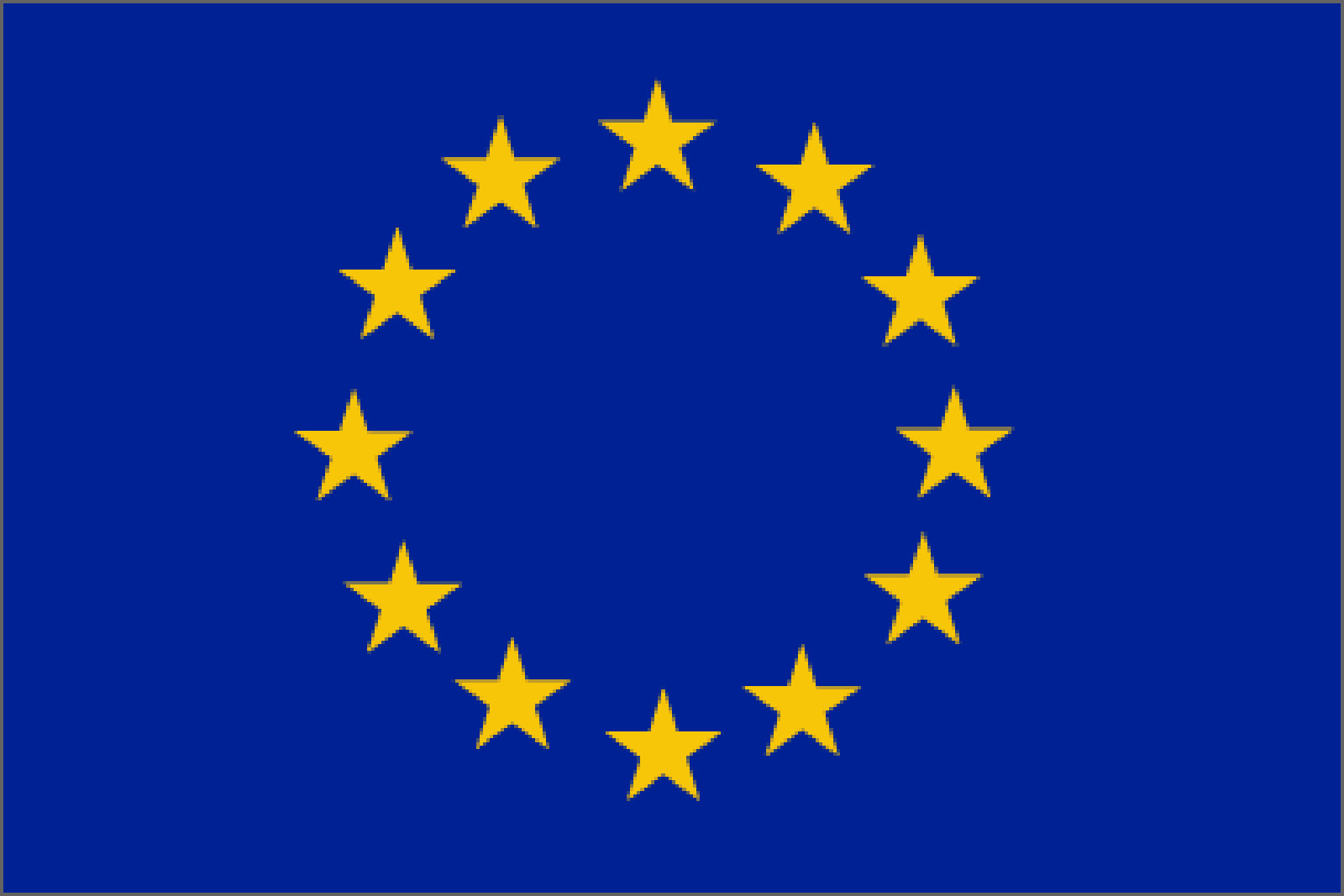 On the Community Charge
On the Community Charge
As part of the 1987 manifest, Thatcher implemented a tremendous unpopular tax on the people of Britain. It was known as the poll tax. It provided a single flat rate of tax on every working adult set by the local authority. It was abolished a few years later. This marked a turning point in Thatcher’s popularity and subsequent attacks from within her party.
On European Union Relations: 1983-1987
Thatcher believed that a free-market Europe was predominant even if there were signs of hidden protectionism. Thatcher wanted her country’s budget contribution sorted out quickly. There were underlying forced of federalism and bureaucracy gaining with the coalition of Socialist and Christian Democrat government in France, Spain, Italy and Germany. Britain wanted to negotiate the budget contribution per country GDP 1.3% but there were competing opinions on this matter. Thatcher believes that Franco-German deals were always being made behind Thatcher’s back. The EU is a complicated system. Each country tries to exempt its dairy or agricultural industries from free trade…Self-interest gets the better of all the members involved. There was a coordinated attack on Thatcher to ransom her 1983 budgetary rebate by offering a weaker deal with Britain on annual permanent budgetary arrangements. The EU then blocked payment of the 1983 refund when Britain refused a deal on budgetary contributions. A successful summit was needed by Kohl; the domestic situation in France and Germany influenced their efforts in the EU. Britain was not being treated fairly by France or Germany. Germany wanted special subsidies for farmers.
The enlargement of the community strengthens its value. Security for Thatcher while in Ireland was intense. The idea of bringing in Spain and Portugal would strengthen the union substantially. The costs would be high. Greece called for financial assistance and vetoed the enlargement until it received its fair dues. This was absolute nonsense. The Greeks had held the EU hostage while they had entered under similar circumstances before. The Greek government’s poor handling of their finances irritated Thatcher. Greece had to be paid in order to allow entrance. The Greek government got their bonanza. It wasn’t fair but it happened anyway.
The Falklands War highlighted the importance of EU cooperation as a military entity. Britain wanted to ride the EU tariffs. A single-market was salient in the views of Thatcher as well as the military aspect. Mitterrand and Kohl had little income compared to Schmidt and Giscard d’Estaing. Kohl was willing to subordinate German interest for French guidance since the assuaged the other smaller neighbours. Thatcher had the subtle-tariffs that existed between EU members. Open markets were her goal. Thatcher wanted national sovereignty on identity cards and policing. M Delors the president of the European Commission attacked Britain for reducing the financial leavers of the community. Thatcher doesn’t believe in Brussels federalism of social and economic policy for other countries. She was open market nothing else really. Thatcher is highly sceptical of the Franco-German bloc during this period.
